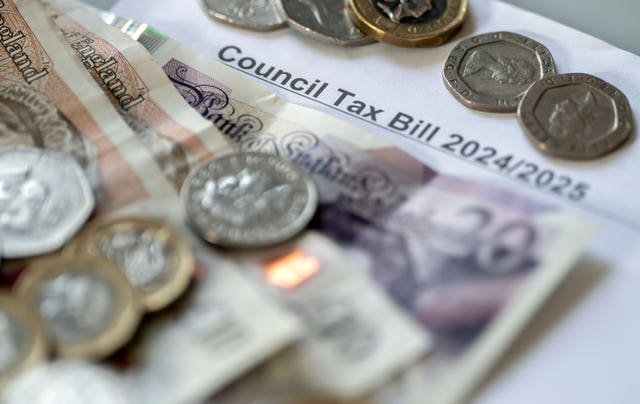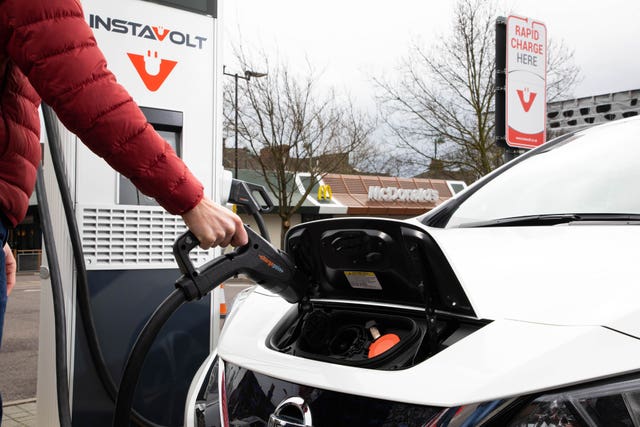Here’s what to consider when purchasing an EV
Thinking about purchasing an electric vehicle, but don’t know what to expect with ownership? We lay out some of the key things to bear in mind.

Electric vehicles are becoming increasingly popular due to their smooth driving experience and lower emissions.
There is a wide variety of cars on the market that are powered by electricity, offering the consumer plenty of choice.
However, it can be a daunting prospect if you’re thinking about making the switch from an internal combustion car to an electric one.
We’ve compiled a list of what to consider and some key tips that you need to look into if you are thinking about going electric.
What’s your budget?

One of the biggest factors to consider is your budget. Electric vehicles tend to be more expensive than petrol and diesel cars, with a majority of them priced at over £40,000 when new.
However, there are an increasing number of cheaper alternatives in the market that are priced below £30,000. Quite often, these models will come with smaller battery packs and will go fewer miles on a single charge, however.
Never spend more than what you’re willing to pay, and look at what EV suits your lifestyle. If you just need a car to drive around town, go for a smaller vehicle with a lower price tag. But, if you travel longer distances, look at an EV with a range of at least 300 miles and above; however expect to pay more towards £40,000 and above – unless you’re shopping in the used market, where there are some serious bargains to be had.
Have a home charger installed

A saving grace to make EV ownership easier and cheaper is to have a home charger installed.
Some car manufacturers, such as Ford, are encouraging people to go electric with its ‘Power Promise’ incentive, giving customers who order a new EV a free home charger with installation.
A home charger allows you to charge your car up overnight, and it makes it a lot cheaper with the current rate of electricity at seven to 10p per kWh on off-peak hours, meaning a full charge can cost as little as £13.
Do your research when it comes to public charging points in your local area

An important piece of advice before you buy an EV is to look around your local area to see how good the public charging infrastructure is.
There is no point in going electric if there is nowhere to charge it, and check to see if the chargers are working, as some providers are not as reliable as others.
This also benefits you if you don’t have a home charger installed, but be warned, as public charging can be a lot more expensive, with the average cost of charging an EV around £40, according to RAC Charge Watch.
Look at how many miles you do on a weekly basis

If you’re doing very few miles a week, a small and affordable EV like a Dacia Spring or Citroen e-C3 will do the job. They have claimed electric ranges from 135 to 200 miles and are very cheap to run.
However, if you plan on doing lots of motorway miles, then look at cars such as the Tesla Model 3 or even a Peugeot e-3008 as they are available with larger battery packs that can achieve claimed ranges from 350 to 435 miles on a single charge.
Check the manufacturer warranty on the battery

The battery pack is the main component of an EV, and if it fails, then it could cost you a lot of money to replace it.
Several car manufacturers now include battery and component warranties on EVs, with a typical period of eight years or 100,000 miles, whichever comes first. This gives the customer reassurance that they will be covered if anything goes wrong in their ownership.
Look at the cost of road tax

As of April 1 this year, owners of EVs now have to pay road tax, with the standard rate being £195. However, if your electric vehicle costs over £40,000, it will fall into the ‘Expensive Car Supplement Scheme’, which is an added tax of £410 a year for the five years following the first tax payment that’s made when the car is a year old.
However, if your EV is below £40,000, it will be exempt and will cost just the standard £195 rate, making it cheaper to run.





